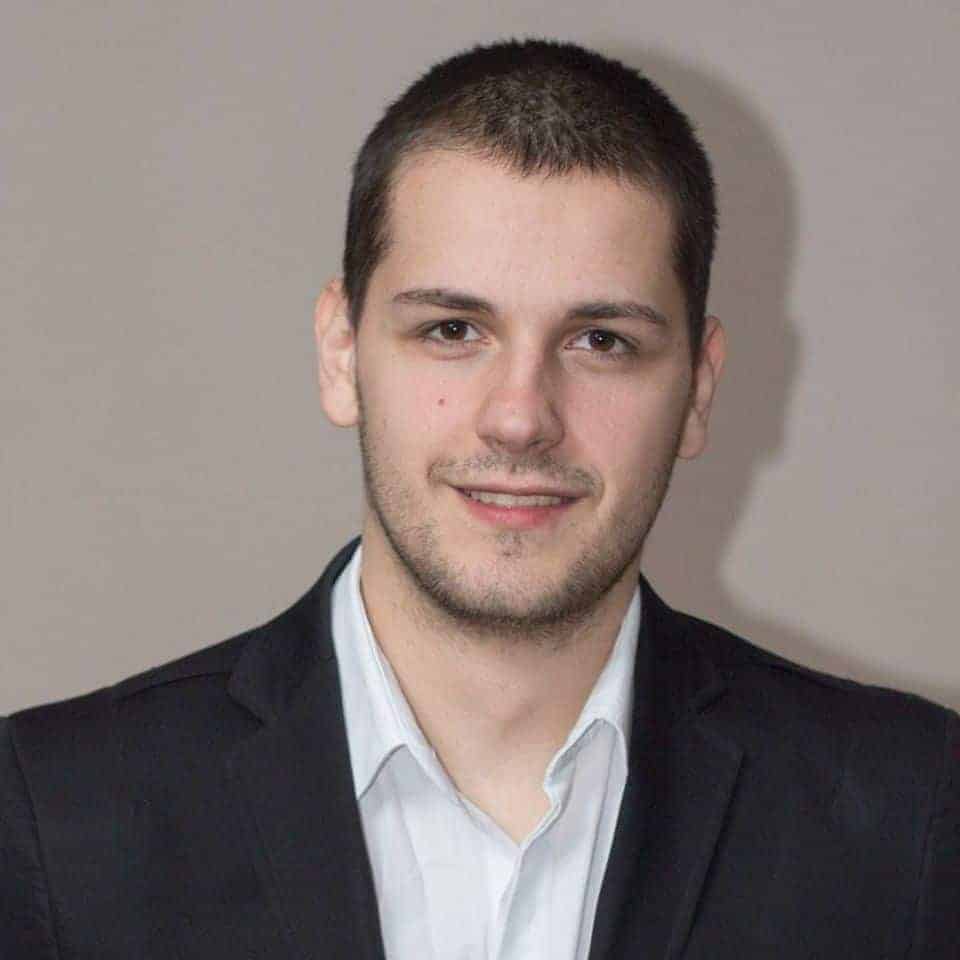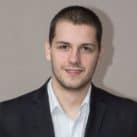
Bhanu Harrison is Mindfulness Facilitator whose passion is designing and teaching workshops on mindful living, nervous system regulation, embodiment practices, and working with challenging emotions, trauma, and chronic pain. This week, she kindly agreed to an interview with Mystic Mag where she talked about the development of her career and Mindfulness as an important practice that teaches you how to be present and live in the moment.
When did you first know that being a Mindfulness Facilitator was your calling and how did it come about?
Mindfulness has been a part of my life for almost all my life. My parents were interested in spirituality when I was young and in my youth, we hosted many teachers at our home as they were presenting workshops in the area. I was exposed to psychics, astrologers, yogis, nutritionists, and healers of all sorts.
I dropped out of college to get “enlightened” at a yoga community, living there for 8 years before coming back into the world. I became a bodyworker and instructor at a massage school for 34 years, focusing on the intersection of the body and the mind. When my hands wore out after 11 years, I got my Masters in Social Work and have had a private practice in body-centered, mindful trauma resolution since then. I formalized my mindfulness education in 2016 receiving a certificate as a UCLA Trained Mindfulness Facilitator.
What services do you offer?
I currently offer a variety of secular mindfulness workshops offered online throughout the year. I teach the fabulous UCLA Mindful Awareness Practices 6-week class which is a wonderful introduction to creating a mindfulness practice and UCLA’s Cultivating Positive Emotions class.
I have created programs such as Mindfulness Meet Trauma, Managing Challenging Emotions with Mindfulness, Managing Chronic Pain with Mindfulness, Explore Your Neural Architecture, Mindful Aging, and others. A new addition to my services is one-on-one mindfulness mentoring. I also am a meditation teacher on the free app, Insight Timer and have many pre-recorded trauma-informed, somatic-based practices on this app.
How would you describe Mindfulness?
I describe mindfulness as paying attention to whatever is happening in the present moment, with curiosity, kindness, and non-judgment. True mindfulness practice is not about decreasing stress, anxiety or depression, or increasing happiness.
It is really just being with what is happening, the good, the bad, and the ugly, and beginning to shift our relationship with those experiences. For many, the outcome of this kind of attention toward ourselves is actually an improvement in the quality of their life. We have to let go of our agenda to fix ourselves to get to this place.
What can a person expect from your teachings?
I love to teach and most importantly, I love to impart practical skills that people can incorporate into their daily lives. Because of my trauma training, the ability to notice our physiological states and then offer our nervous system what it needs to come back into balance has been a primary focus of my teaching. We need mindful attention to notice what’s happening within us and between us and another, and then have practical tools to bring ourselves and our relationships into balance.
What is the most important detail in maintaining a relationship of mutual trust with customers?
Mutual trust arises out of the experience of safety. I spend time understanding the needs of my student and work hard to co-create a space of safety and openness. The very concept of safety is so foreign to many, especially if they have trauma histories, so we explore the felt sense of safety, practice boundary setting, and so forth. I’m also very open to feedback from students about what works and what doesn’t.
What is the best part of your job?
I love when students get that ‘ah ha’ moment of insight and realization into some aspect of themselves. I also feel so grateful for what I’ve learned when I see how people’s lives change for the better. It gives me a sense that I have made a contribution to the world.



